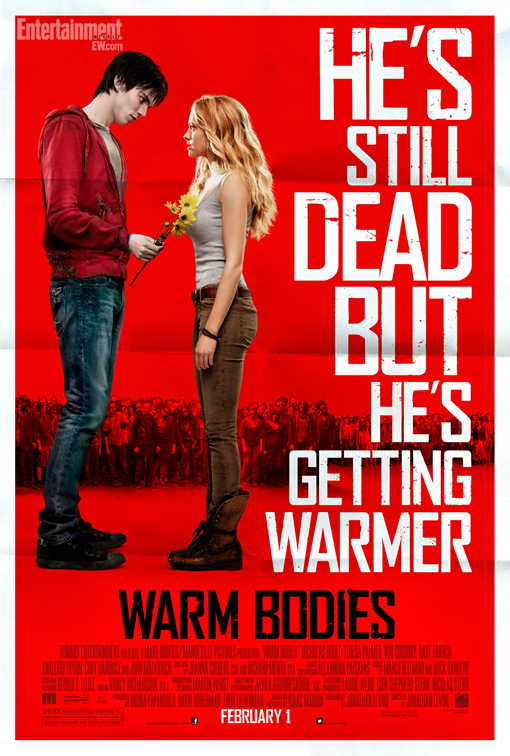The Grand
Budapest Hotel
Wes Anderson has a particular style that he has cultivated,
evolved, and honed over the course of his career and has not deterred from that
one bit. His dedication to offbeat humor, quirky characters, and perfectly
composed production design has occasionally flitted off into hollow end
results, but when Anderson gracefully combined that dedication with a fitting
story he came away with sterling results. His most recent film, “The Grand
Budapest Hotel,” is thankfully an example of the latter kind.
Following the murder of a wealthy patron, blame for her
death falls on the concierge at the titular hotel, Gustave H., who had a
relationship with her. With the help of his lobby boy and friend Zero Moustafa,
Gustave goes on an adventure to clear his name while tensions are rising in the
years leading up to World War II.
Anderson provides much more to admire about beyond the plot
though. The story is told through a framing device as a novelist looks to write
a novel about the hotel’s glory days, and the feeling of nostalgia for an older
era permeates the film. Nostalgia is something that Anderson frequently plays
up in his works, with many of them feeling like they unfold like a storybook,
and the way he literalizes that aspect here makes the heavily affected acting
and style work organically.
The trailer highlighted a treasure trove of talented actors,
but truth be told most of them are in minor parts. Rather than an ensemble, the
story instead focuses in on the friendship between Gustave and Zero. By
avoiding the usual trappings of building a film friendship (bickering, a
falling out, etc.), Anderson creates an honest bond between these two that
provides heart within the heavily stylized surroundings. Having a veteran like
Ralph Fiennes and a talented newcomer Tony Revolori playing these roles helps
immensely.
Balancing out the innocent quirk is a sense of shock value
and surprising violence that provides an edge to the humor. The film doesn’t
exactly become a bloodbath but there’s a sense that Anderson enjoys stepping
out of his usual comfort zone of dry humor every now and then. Which isn’t to
say that the dry humor is lacking, as the crack comic timing by the cast
remains ever present throughout.
As with most of Wes Anderson’s previous films, “The Grand
Budapest Hotel” isn’t for everyone and fits into the niche that he has carved
out for himself in the last couple decades. For those that take a particular
liking to his style and/or want to see a film that steps outside of the
mainstream, “The Grand Budapest Hotel” certain fits that bill.
3.5/4




